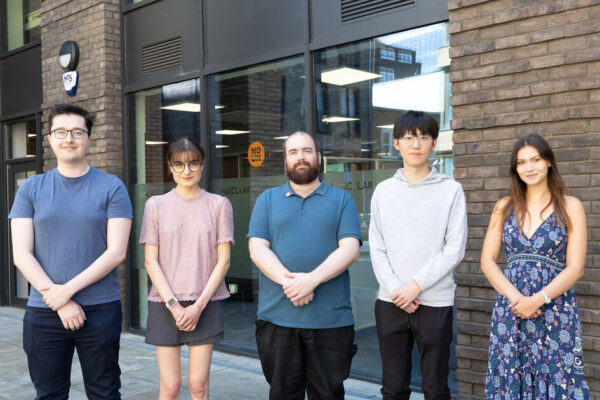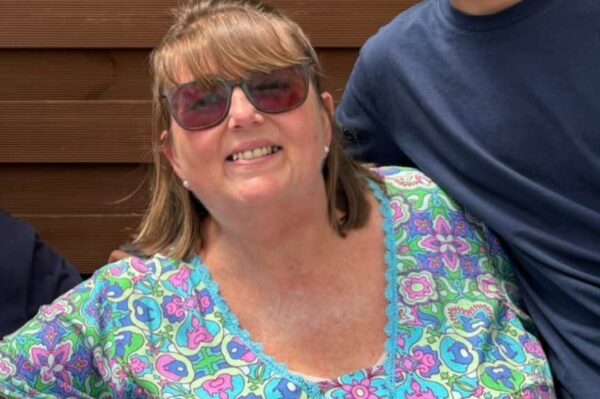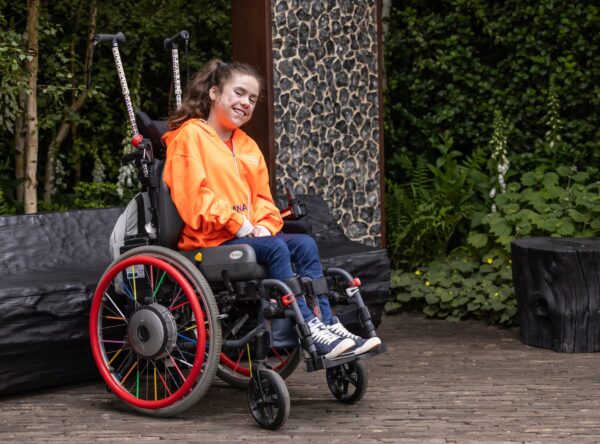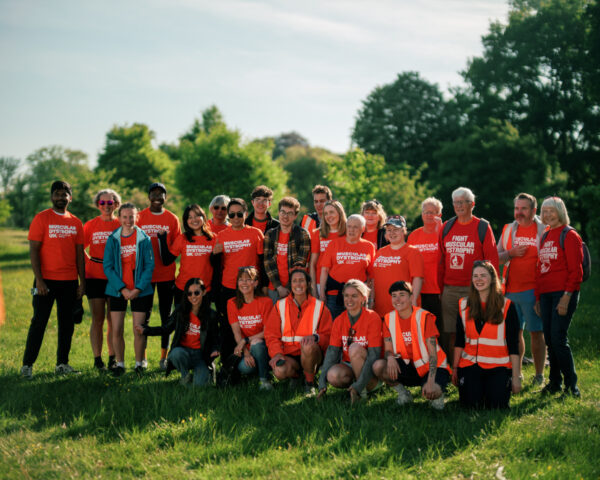Get the latest news, inspiring stories, upcoming events, and valuable support services delivered straight to your inbox.
ALL NEWS
Filter by type

Our work with partners to speed up the introduction of newborn screening for Spinal Muscular Atrophy
July 9, 2025

How we’re supporting the future of research into muscle wasting conditions
July 4, 2025

Second treatment for myasthenia gravis not approved for NHS use in England
June 26, 2025

New FSHD treatment shows early promise in clinical trial
June 16, 2025

Our Young Ambassador Carmela makes history as youngest ever MBE
June 13, 2025

“It’s a fitting legacy for my son”: Our Patron Ian Corner recognised in King’s Birthday Honours List
June 13, 2025

Treatment for myasthenia gravis not approved for NHS use in England
June 4, 2025

Volunteers’ Week – thanking our volunteers
June 2, 2025

Development of Duchenne muscular dystrophy treatment PGN-EDO51 stopped
May 29, 2025

Givinostat access: progress made and the work still to do
May 23, 2025

A potential treatment for Pompe disease shows future promise
May 21, 2025

Sporting stars show support at Celebrity Sports Quiz
May 19, 2025
